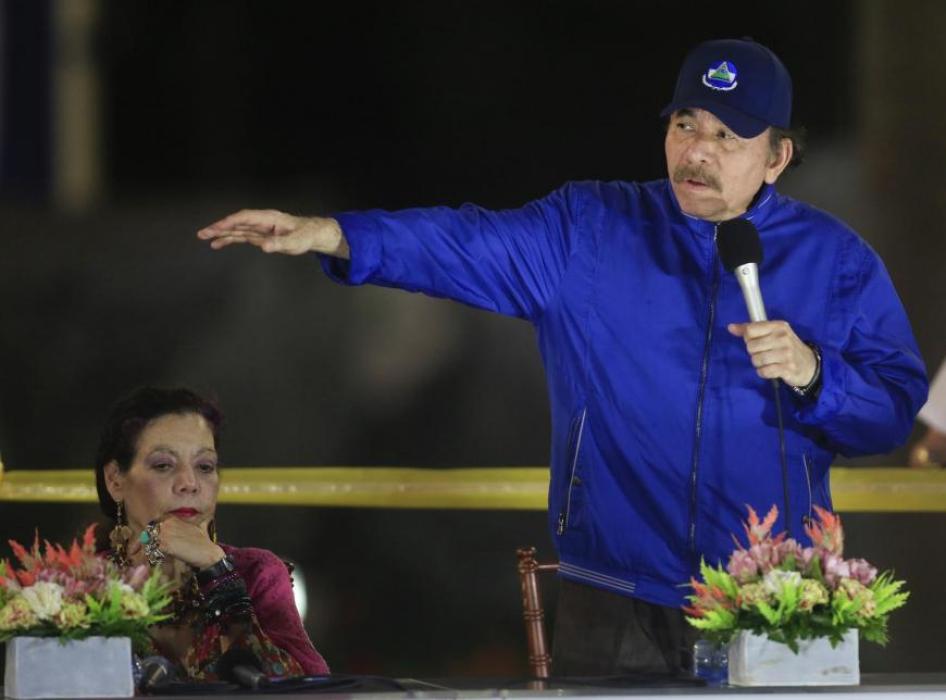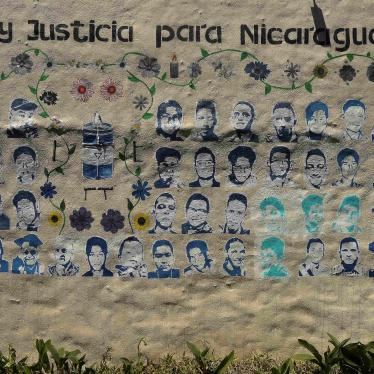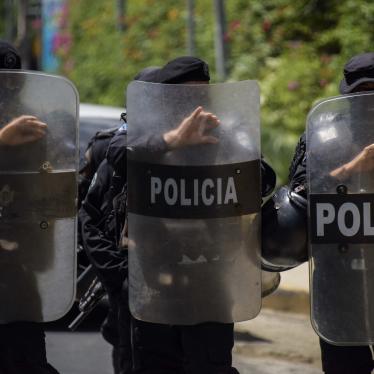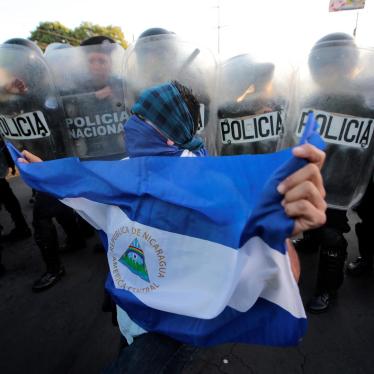For over five years, Nicaragua has been facing one of the worst human rights crises in Latin America. However, the response of the international community has been ineffective in addressing the crisis. To protect the rights of Nicaraguans, democratic governments, especially in the Americas and the European Union (EU), should strengthen and coordinate their actions effectively.
Daniel Ortega's government has targeted all segments of society in a bid to remain in power indefinitely. Since 2018, the Nicaraguan government has shut down more than 3,500 civil society organizations, including humanitarian organizations such as the Red Cross. Abusive laws severely restrict the work of independent journalism and civil society, and the authorities have arbitrarily detained and prosecuted journalists, human rights defenders, and community leaders.
Currently, 64 people perceived as government critics remain incarcerated, among them Bishop Rolando Alvarez, a religious leader known for advocating on behalf of victims. The treatment of Bishop Álvarez, who has been sentenced to more than 20 years in prison on spurious charges, exemplifies the ruthless persecution of the Catholic Church.
In February, the government arbitrarily stripped 317 critics of their nationality, including 222 political prisoners expelled to the United States, leaving many stateless.
EU and Latin American leaders can make a difference if they strengthen their efforts to address the crisis. One promising approach is to establish a “Group of Friends of the Nicaraguan People,” to ensure a cross-regional, coordinated and high-level response to the serious human rights and humanitarian crisis in the country.
A group of 160 Nicaraguans, including political prisoners and exiles, and 29 national and international human rights organizations have made an appeal in advance of the July 17-18 summit between the Community of Latin American and Caribbean States (CELAC) and the EU in Brussels.
The signatories, including prestigious writers, renowned journalists, peasant leaders, students and businessmen, and human rights defenders, have called on governments to create the Group of Friends, consisting of Latin American and European governments.
Despite some efforts at the international level, such as targeted sanctions by the United States, Canada, the European Union, Great Britain, and Switzerland, the pressure exerted on the Ortega government has remained limited, ad hoc, and dispersed over time.
Spain, Chile, Colombia, Argentina, Costa Rica, Ecuador, Uruguay and Panama, as well as the European External Action Service (EEAS), have denounced the attacks on the fundamental freedoms of the Nicaraguans. Some of these countries have even offered their nationality to the victims.
At the multilateral level, the crisis has been addressed mainly within the Organization of American States and the UN Human Rights Council. Both bodies have passed numerous resolutions condemning the abuses and calling for the restoration of democracy in the country.
But neither targeted sanctions nor isolated condemnations have succeeded in exerting sufficient pressure on the Ortega government. These efforts have lacked sequence and coordination and have not been part of a broader strategy to pressure the government to restore democratic freedoms and negotiate the reforms that would allow for free and fair elections.
Indeed, the government in Managua continues to disregard these calls. In 2022, the government expelled the apostolic nuncio, the representative of the International Committee of the Red Cross (ICRC), and the European Union’s ambassador, and also severed relations with the Netherlands. It has also repeatedly refused to cooperate with or allow visits by international human rights organizations.
The Group of Experts on Nicaragua, mandated by the UN Human Rights Council to investigate human rights violations in Nicaragua concluded that it has solid evidence of crimes against humanity, including murder, imprisonment, torture, sexual violence, forced deportation, and politically motivated persecution.
To overcome the current impasse in addressing the crisis in Nicaragua, we need an effective strategy, sustained over time and in close coordination with Nicaraguan civilian voices, that outlines a way for a democratic transition and justice. The CELAC-EU summit provides an important opportunity for Latin American governments, with the active participation of the EU, to come together and agree on a concerted approach to the crisis. Creating a Group of Friends of the Nicaraguan People would be a fundamental first step.









